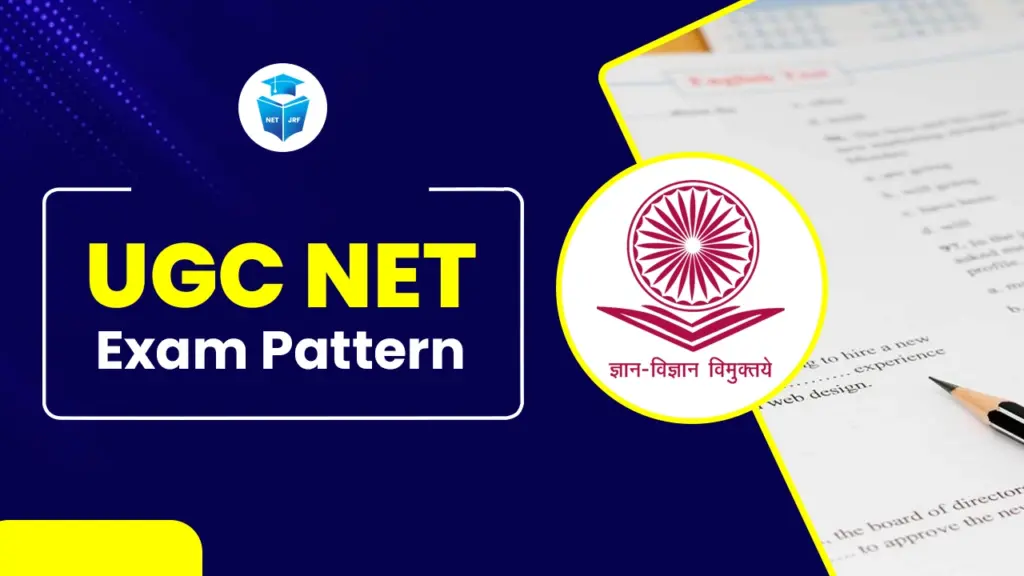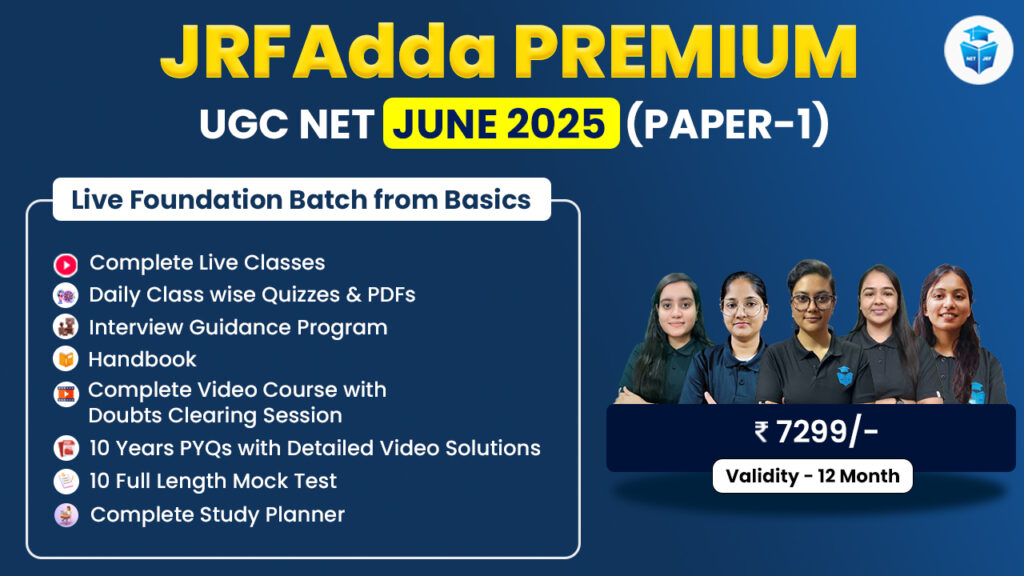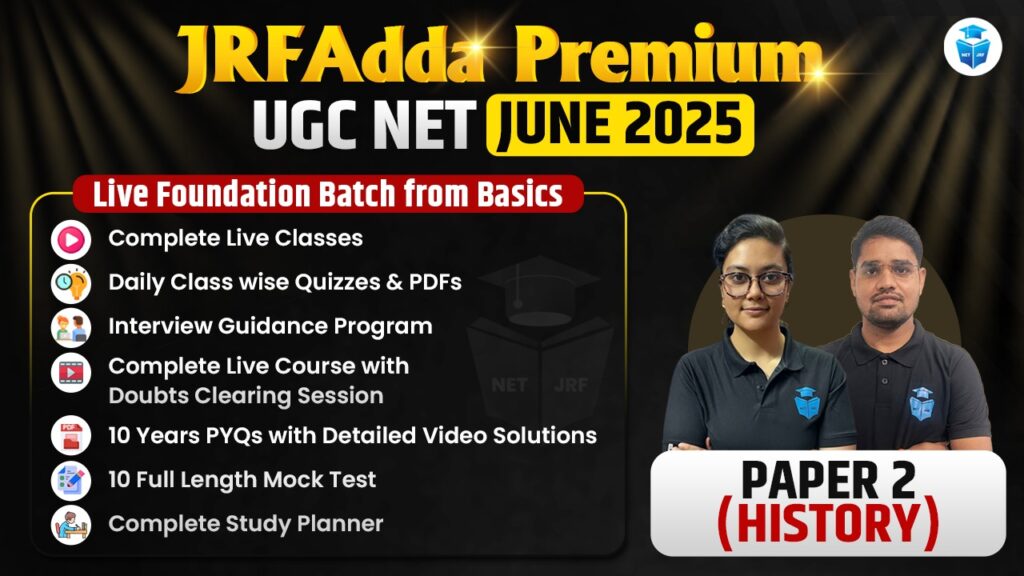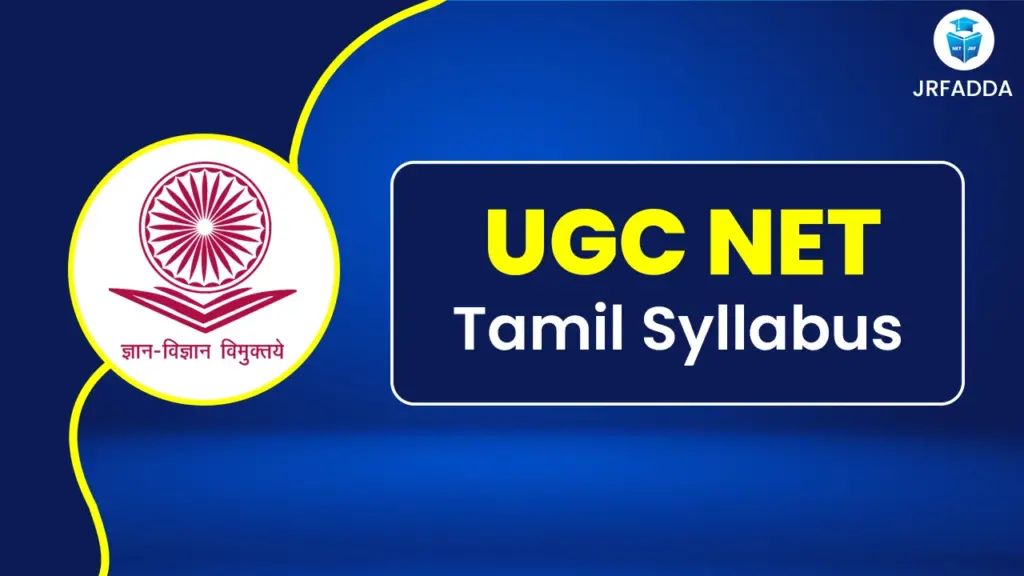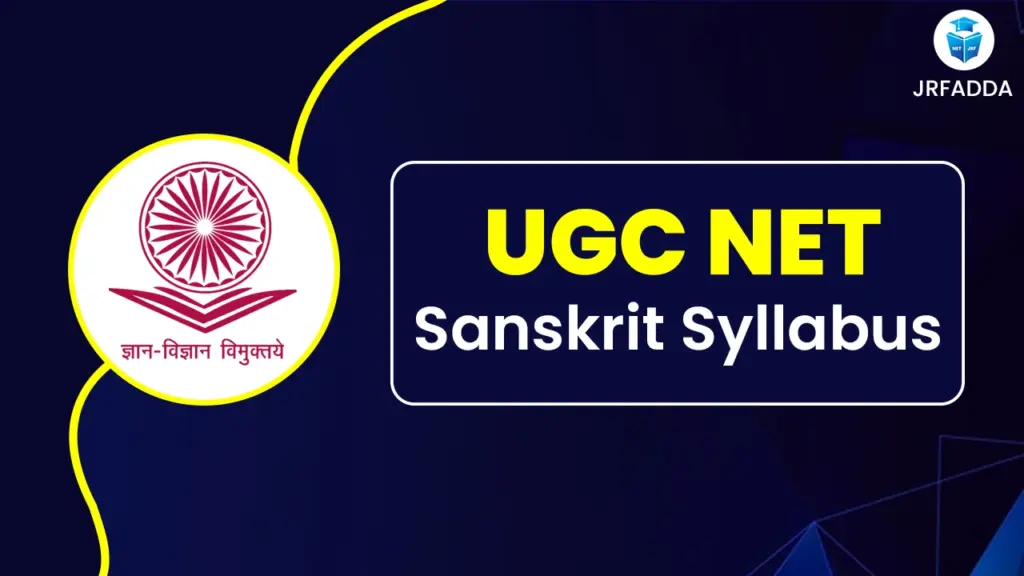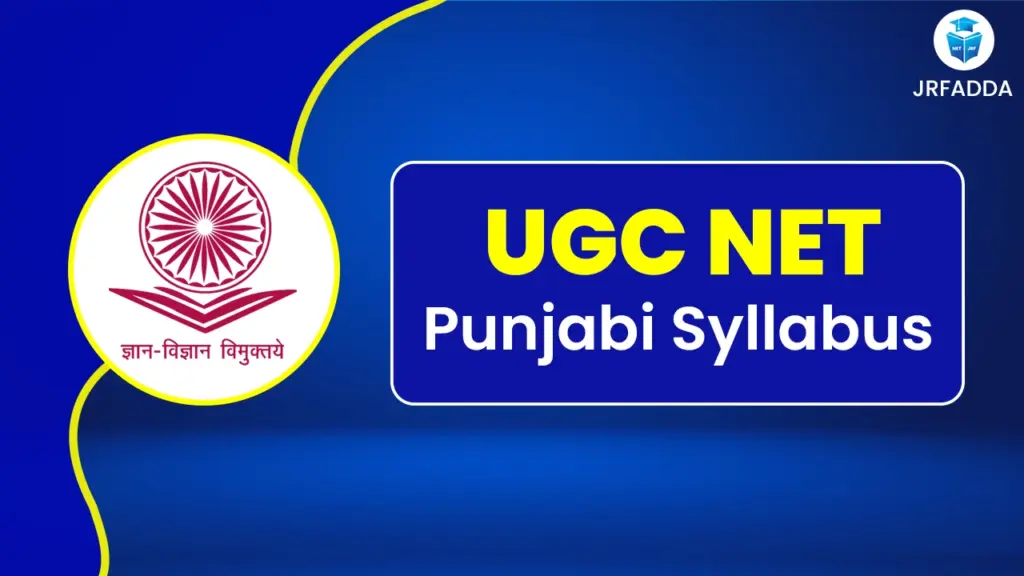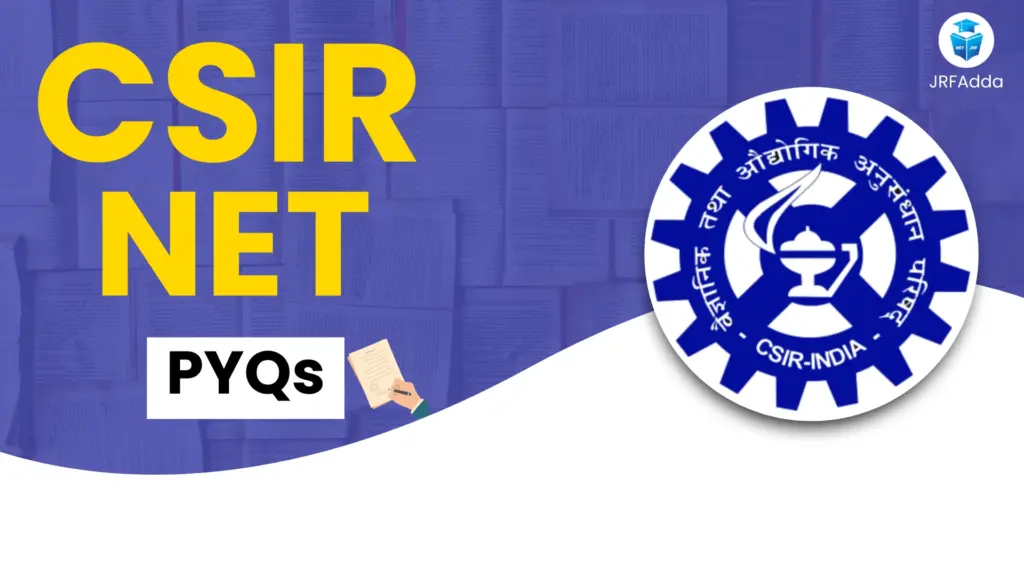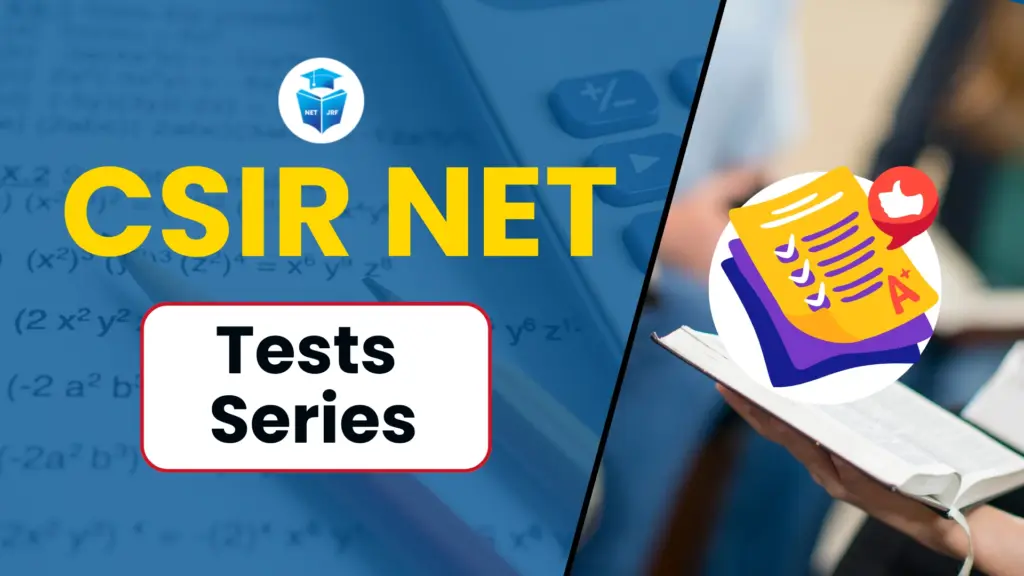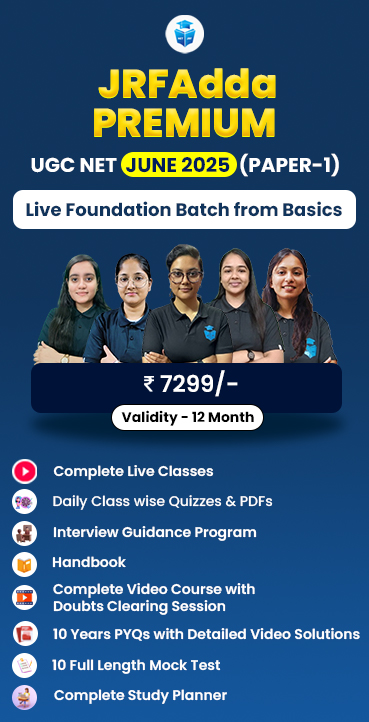The UGC NET Exam Pattern 2025 is essential for candidates preparing for the UGC NET June 2025 exam, scheduled to be held from 25th to 29th June 2025. Understanding the exam structure helps aspirants develop a solid preparation strategy. The National Testing Agency (NTA) conducts this exam to determine eligibility for Junior Research Fellowship (JRF), Assistant Professor, and Ph.D. admissions across India.
This article provides an in-depth analysis of the UGC NET 2025 exam pattern, covering paper-wise structure, marking scheme, timing, and key highlights.
UGC NET Exam Pattern 2025 Overview
The UGC NET (University Grants Commission National Eligibility Test) is a very competitive exam administered by the National Testing Agency (NTA) to test the eligibility of the candidates for the posts of Assistant Professor and Junior Research Fellowship (JRF). It is very important to know the UGC NET exam pattern 2025 in order to prepare well. Here’s an overview of the exam pattern:
Feature | Details |
Exam Mode | Computer-Based Test (CBT) |
Number of Papers | 2 |
Total Questions | 150 |
Total Marks | 300 |
Exam Duration | 3 Hours (Single Session) |
Question Type | Multiple Choice Questions (MCQs) |
Marking Scheme | +2 Marks for each correct answer |
Negative Marking | No Negative Marking |
Detailed UGC NET Exam Pattern 2025
Paper 1: General Paper on Teaching and Research Aptitude
Parameter | Details |
Total Questions | 50 |
Total Marks | 100 |
Duration | 1 hour |
Type of Questions | Multiple Choice Questions (MCQs) |
Topics Covered | – Teaching Aptitude: Questions related to teaching methods, communication skills, and learner behavior. |
– Research Aptitude: Focuses on research methods, ethics in research, and research design. | |
– Data Interpretation: Questions on graphs, tables, and data analysis. | |
– Logical Reasoning: Includes verbal and non-verbal reasoning, pattern recognition, and problem-solving. | |
– Communication: Questions regarding basic communication principles and strategies. | |
– Information and Communication Technology (ICT): Focuses on the understanding of computers, internet, and basic software. | |
– People and Environment: Questions about environmental issues, sustainability, and human ecology. | |
– Higher Education System: Understanding of the Indian higher education system, its structure, and policies. |
Paper 2: Subject-Specific Knowledge
Parameter | Details |
Total Questions | 100 |
Total Marks | 200 |
Duration | 2 hours |
Type of Questions | Multiple Choice Questions (MCQs) |
Topics Covered | – English |
– Political Science | |
– Commerce | |
– Sociology | |
– Education | |
– Computer Science | |
– History | |
– Management |
Features of UGC NET Exam Pattern 2025
- Single Sitting Exam: Both papers are given in a single sitting without a break in between.
- No Negative Marking: There is no negative marking for incorrect answers, hence the candidates are free to try all the questions.
- Equal Weightage: Both Paper 1 and Paper 2 carry equal weightage in the final score.
- Medium of Exam: The exam is offered in English and Hindi (candidates have an option to select their choice of language while registering).
UGC NET Exam Pattern 2025 PDF Download
For reference purposes, one can download the UGC NET Exam Pattern 2025 PDF from the official website:
- Go to ugcnet.nta.nic.in
- Click on the “Information Bulletin” section
- Download the UGC NET Exam Pattern 2025 PDF for detailed guidelines.
UGC NET Marks Distribution 2025
The UGC NET 2025 exam consists of two papers — Paper 1 (General Aptitude) and Paper 2 (Subject-Specific). Both papers are conducted in a single session of 3 hours, and all the questions are multiple-choice (MCQs). Understanding the marks distribution is crucial for planning your preparation effectively.
UGC NET 2025 Total Marks Overview
Paper | Number of Questions | Marks per Question | Total Marks |
Paper 1 | 50 | 2 Marks | 100 Marks |
Paper 2 | 100 | 2 Marks | 200 Marks |
Total | 150 | — | 300 Marks |
- Type of Questions: Objective (MCQs)
- Marking Scheme: +2 for correct answers, no negative marking
- Duration: 3 Hours (combined)
UGC NET Paper 1 Marks Distribution (General Paper)
Paper 1 tests candidates on teaching & research aptitude and general awareness. Here’s the section-wise marks distribution:
Section | Number of Questions | Marks |
Teaching Aptitude | 5 | 10 |
Research Aptitude | 5 | 10 |
Reading Comprehension | 5 | 10 |
Communication | 5 | 10 |
Reasoning (including Mathematics) | 5 | 10 |
Logical Reasoning | 5 | 10 |
Data Interpretation | 5 | 10 |
Information and Communication Technology (ICT) | 5 | 10 |
People and Environment | 5 | 10 |
Higher Education System: Governance, Polity, Administration | 5 | 10 |
Total | 50 Questions | 100 Marks |
UGC NET Paper 2 Marks Distribution (Subject-Specific)
Paper 2 focuses on the subject selected by the candidate during registration. It tests in-depth knowledge of that subject.
Parameter | Details |
Total Questions | 100 |
Marks per Question | 2 |
Total Marks | 200 |
Subjects Covered | 85 subjects (e.g., Commerce, English, Political Science, etc.) |
- Each question in Paper 2 carries 2 marks.
- There are no sectional divisions in Paper 2.
- All 100 questions are compulsory.
Important Changes in UGC NET Exam Pattern 2025
While the basic structure of the UGC NET exam remains the same, candidates must stay updated regarding any changes NTA introduces. A few possible updates for 2025 are:
- Introduction of New Subjects: NTA can introduce new subjects into the existing list of 85 subjects.
- Modification in Exam Duration: The exam duration can be updated based on suggestions from earlier aspirants.
- Revised Syllabus: Minor revisions in the syllabus for Paper 1 or particular subjects in Paper 2.
Preparation Tips Based on UGC NET Exam Pattern 2025
The UGC NET is a national test carried out by the National Testing Agency for candidates aspiring to be a Junior Research Fellowship and also to be appointed as Assistant Professors. The exams are held twice a year. Given below are a few tips that will help with preparations for UGC NET 2025:
- Understand the Syllabus: Be familiar with the comprehensive syllabus of Paper 1 and your selected subject of Paper 2.
- Concentrate on High-Weightage Topics: Pay attention to topics that have higher marks and are repeatedly asked in the exam.
- Practice MCQs: Practice maximum MCQs to increase accuracy and speed.
- Time Management: Practice mock tests to efficiently manage time while sitting for the exam.
- Revise Regularly: Repeatedly revise using brief notes and flashcards.
UGC NET Exam Marking Scheme 2025
Both papers are objective in nature and candidates must select the correct answer from four options.
Parameter | Paper 1 | Paper 2 |
Total Questions | 50 Questions | 100 Questions |
Marks per Question | 2 Marks | 2 Marks |
Total Marks | 100 Marks | 200 Marks |
Negative Marking | No Negative Marking | No Negative Marking |
Type of Questions | Multiple Choice Questions (MCQs) | Multiple Choice Questions (MCQs) |
Subjects Covered | General Aptitude (Common for All) | Subject-Specific (Based on the Chosen Subject) |
Conclusion
Knowing the exam pattern of the UGC NET 2025 is the gateway to proper preparation. With a total of two papers, 150 questions, and a conduct time of 3 hours, the exam will need a tactful strategy for success. It is advisable to download the exam pattern PDF for UGC NET from the NTA official portal for detailed particulars. Concentrate on high-weightage subjects, regularly practice, and optimize your time to crack the UGC NET exam and attain your academic and professional aspirations.
UGC NET Exam Pattern 2025 FAQs
No, there is no negative marking in UGC NET. There are 2 marks for every correct answer.
Yes, you can opt for any subject from the 85 subjects given by UGC. Make sure that the subject is in accordance with your postgraduate qualification.
The exam is of 3 hours’ duration, without any break in between Paper 1 and Paper 2.
The official UGC NET exam pattern PDF can be downloaded from the NTA website: https://ugcnet.nta.nic.in.
The pass marks for UGC NET are 40% for General category and 35% for reserved category (SC/ST/OBC/PwD) in aggregate in both papers.

